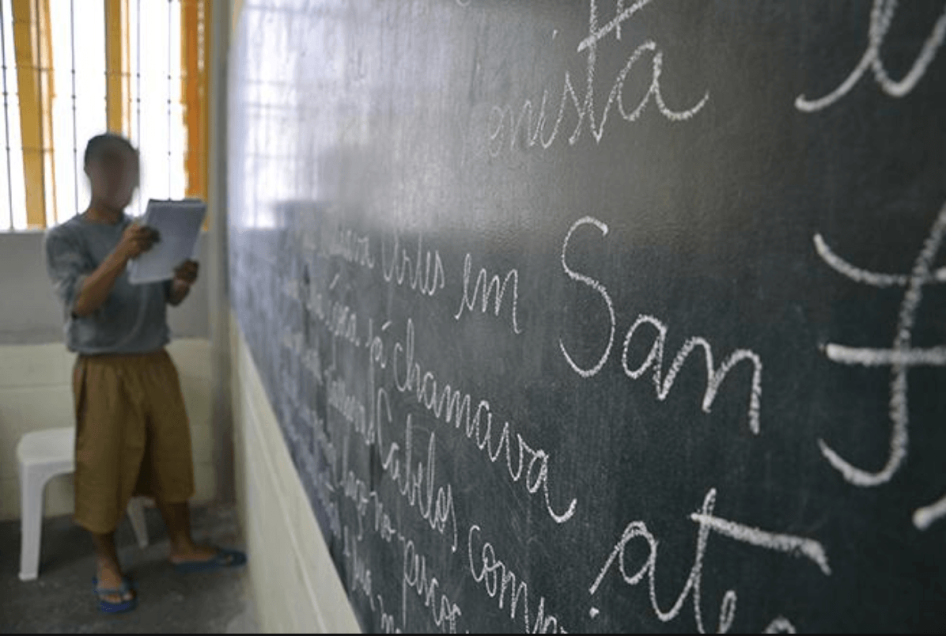Whenever a shocking crime is reported in the news in Brazil, social media fills with calls for laws for harsher punishment. That is especially true when the suspects are adolescents. Given Brazil´s high levels of violence, it is understandable that many people feel unsafe. And it makes perfect sense that they call for the authorities to do more to protect them. But where many are wrong is their belief that the answer is simply harsher punishments. What we need in Brazil isn’t to lock more people up for longer, what we need is to get smarter by thinking carefully about what crime strategies actually work.
This week Brazilian senators are debating a reform that is undoubtedly very tough but not very smart. Once again, they are debating a Constitutional amendment that would allow trying and punishing some 16- and 17-year-olds as adults.
Proponents of the amendment claim that these children would be tried and punished as adults only in “specific and extraordinary” cases, such as for homicide, kidnapping, rape, and repeat offenses of armed robbery. But in reality, such a variety of crimes opens the door to applying the amendment widely. For instance, in the state of São Paulo, about 40 percent of children held in detention this year were accused of armed robbery.
The amendment embraces an approach to juvenile offenders that is not only ineffective, but a very likely self-defeating: time in prison can make children more likely to fall into a life of crime as adults. Studies in the United States show that adolescents tried and punished in the criminal system are more likely to commit crimes once they are released. That’s one reason many US states have pursued reforms to ensure that youth under 18 are tried in a juvenile system.
In Brazil, the Statute of the Child and Adolescent would no longer apply to children whom judges decide to try as adults.
The Child and Adolescent Law has been a model for the region. It established a system of accountability for adolescents in conflict with the law, taking into account the realities of their ongoing emotional and mental development and emphasizing the possibility of rehabilitation. Under this law, children under 18 can be held for up to three years in “socio-educational” facilities that must offer them an opportunity to change their lives. And adolescents can and do change, more easily than adults, when they have the proper support.
Professionals at socio-educational units must design a rehabilitation plan for each youth, with the participation of the young person and their family. Adolescents must attend school, and vocational and other courses. Not all adolescents take advantage of that opportunity and become law-abiding citizens, but the alternative that the amendment proposes –to deny them the law’s protection -- is a recipe for disaster.
Proponents of the amendment claim that the socio-educational system is failing. Research by Human Rights Watch and other organizations shows serious problems in many units. But the real solution, a solution that will effectively spur rehabilitation, is to invest in the system that Brazilian legislators helped construct so that it can work the way it was meant to. That would be a smart measure to reduce crime.









